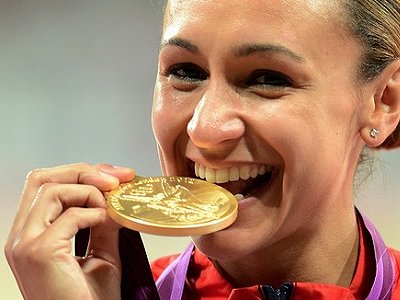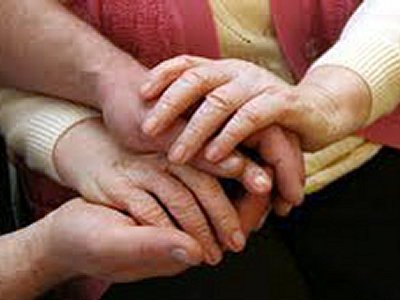
WHEN THE KIDS ARE NOT ALRIGHT
Streaming services rarely have the breakthrough power of mainstream TV but Netflix’s Adolescence achieved this in 2025. Four episodes, each filmed in one exhaustingly long take, tell the story of a young teenager from an honest, working class family is secretly radicalised online into a dark culture of misogyny which leads to a shocking offline crime against a girl who has apparently ridiculed him as an incel (involuntary celibate).
Television has a distinguished history of charging national debate round issues that deserve attention but lack it. In the UK, this was seen most recently in Mr Bates versus The Post Office, which dramatised an appalling miscarriage of justice against many of the nation’s sub-postmasters.
The odd thing about Adolescence is that it has taken so long to get to this moment and that many are carrying on as if misogyny has only now become a problem for women to cope with. Violence against women and girls has been a reality throughout history; in the UK today, two women a week are murdered by men who know them. Women who have to adapt when and where they walk in the course of a day, who are victim blamed when they are attacked while walking alone after dark and who face a regular barrage of commentary about their appearance and touching up in crowded places. Men, venturing into this territory, should listen to what women say before announcing what should happen.
I try not to personalise what I write on this website, but this is a moment to say I have tried to do this, and reflect often on a culture which seems to get ever more hostile towards women. And yet I know only a slither of the reality some women live with.
Perhaps the novelty of Adolescence is in its focus on teenage boys who have not matured and possess little understanding of girls and how to relate well to them. No-one finds these relationships easy to navigate in teenage years and rejection is part of the rocky terrain we all climb, but social media has changed teenage perspectives on this.
The first development is the way so many friendships are mediated by smartphone and not face to face, making it easier to insult or reject someone. The second is the deeply cynical way the so-called manosphere (the online communities of women hating men) have, with the help of the algorithm, wormed their way into the thinking of impressionable young men.
A whole series of terms – incel, men going their own way, pick up artists, Staceys, Chads, 80/20, red pills – are defining how a generation of sometimes isolated and gullible males are making sense of a world they have not found peace in. Meanwhile, a wider public debate has settled on the term toxic masculinity. This category clearly exists, but becomes unhelpful to teenage boys fairly trying to figure out their developing manhood when the two words are seen as a routine pairing.
Masculinity does not have to be toxic, but where are the antidotes? The gravitation to online communities has been matched by a loss of engagement with real world local bodies like youth clubs, uniformed organisations such as scouts and churches. Sports clubs, however, seem to have a growing appeal and the former England football manager, Gareth Southgate, has recently spoken of the need for positive male role models.
Fatherhood remains a fundamental calling and perhaps it is here the debate should begin. What does it mean to be a father today? Old models of the male provider are not sufficient, however important it is to show a working life to a child. There is an old saying, the most important thing a father can do for his child is to love their mother. It was said in the context of keeping a marriage, but it has extra traction in an era of online misogyny. Men need to model how to treat women in the home, for it is here we first learn to love and to imitate those we love. And for the Christian, it is how to show the love of God in the granular experience of domestic life. There is a spiritual side to masculinity we need to map out better in discussion and debate in our churches’ life.
Adolescence was at its most disturbing in its depiction of the family. The father, played stunningly well by Stephen Graham, was prone to outbursts of temper, but he and his wife were basically good people. Their older daughter was well-adjusted and neither could understand where their parenting had gone wrong with the son. It’s the pain of so many adults today, who discover too late that virtual parenting by bad people has seeped into the lounges and bedrooms of their homes and they cannot catch up or remedy it.





